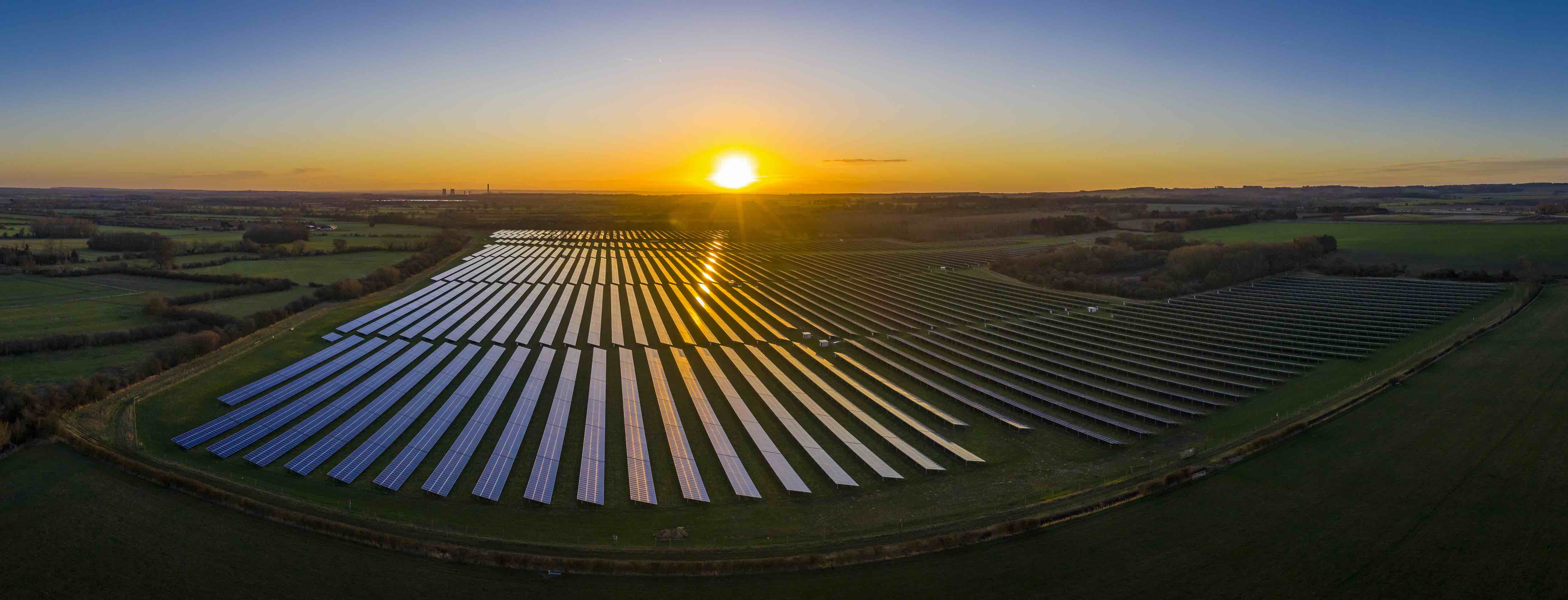Renewable electricity
Renewable Energy
Frequently asked questions
What is renewable electricity?
How does buying renewable energy help address climate change?
Is renewable energy supplied directly to my house?
Is “green energy” the same as “renewable energy”?
Does it matter from which energy company I buy renewable energy?
In the UK, energy suppliers are legally allowed to say their energy is renewable as long as they have brought enough certificates to prove that an equal amount of renewable energy was generated and added to the grid. A disadvantage of this system is that even if you buy renewable energy, some companies may buy electricity generated using fossil fuels and then buy these “REGO” certificates from another company that does not need them. This system means that some money does go towards renewable energy generation, but this could be quite a small amount, and your energy supplier could still be buying and supporting electricity generation based on fossil fuels.
Another complication is that if a large electricity supplier supplies both renewable and non-renewable energy, it is legal for them to simply reduce the amount of renewable energy allocated to the non-renewable customers when they assign it to you. So it’s best to buy energy from a company that only suppliers renewable energy.
Is “green energy” the same as “renewable energy”?
Sometimes renewable energy is referred to as green energy, but the energy supplier buys electricity generated using fossil fuels and then separately buys carbon offsets.
Carbon offsets are the idea of spending money to reduce carbon emissions somewhere else. Carbon offsets may help, but it is very difficult to tell how much. Most climate experts agree that offsetting should only be a secondary measure, and the main focus should be on directly reducing carbon emissions, particularly in areas like electricity generation.
Is renewable energy supplied directly to my house?
No. All household electricity, renewable and non-renewable, is supplied into the national grid. So all houses and businesses are powered by a mix of renewable and non-renewable energy. Even if you buy renewable energy, it is still a good idea to reduce electricity usage as much as possible, particularly at peak usage times when the proportion of energy generated from fossil fuels is typically higher.
What is green gas?
Should I buy green gas?
Should I buy offsets or “carbon neutral” gas from my energy supplier?
Recommendations: Renewable energy supplier
Great all-rounder, 100% renewable electricity with some innovative tariffs. Particularly worth considering if you can have an Electric Vehicle or can otherwise push electricity usage overnight.
Octopus energy does have an advantage in the current market in that it is well funded, having just received a $600 million investment. This means it's exceptionally unlikely to go bankrupt, whilst some smaller green firms have already gone bankrupt.
A popular and simple tariff which is fixed price for 12 months.
Electricity - Energy Saving Tips
Boiling water
When boiling water, try to boil only the amount of water that you will use. If your kettle has a lot of limescale build-up, it may lose some efficiency, so it’s a good idea to describe it.
If you frequently make tea for one, then when it comes time to replace your kettle, you could consider a kettle that boils just one cups worth of water at a time. As well as saving energy, these kettles or hot water dispensers are also often quicker to boil.
LED lighting
LED bulbs have improved a lot over the last few years and are now available for almost every type of light fitment and with support for dimming.
Whilst early bulbs produced light of quite a harsh colour, modern LEDs can create a much warmer colour light. If you want a warm light look for a softer look, select bulbs with a colour temperature of 3000k or lower.
Advantages of LED bulbs:
- Save money over the long run
- Save time changing bulbs (Long life)
- Safe and mercury-free (Unlike CFL)
- More energy efficient than halogen or CFL bulbs
Cooking tips
When using an oven, hob or grill, you can save energy by turning off the heat a few minutes before the food has finished cooking. The food will continue cooking in hot water, steam, or hot oven. Doing this reduces the energy wasted and decreases the chance you accidentally leave an appliance switched on. After you switch the oven off, you can use it to keep food or plates warm whilst you finish preparing other food.
It’s a good idea to use lids on the saucepans to help retain the heat and cook the food faster, wasting less energy.
If your hobs don’t turn themselves off, then double-check to make sure you’ve turned them off as soon as you finish cooking.
Washing and drying clothes efficiently
Suggest your own idea

